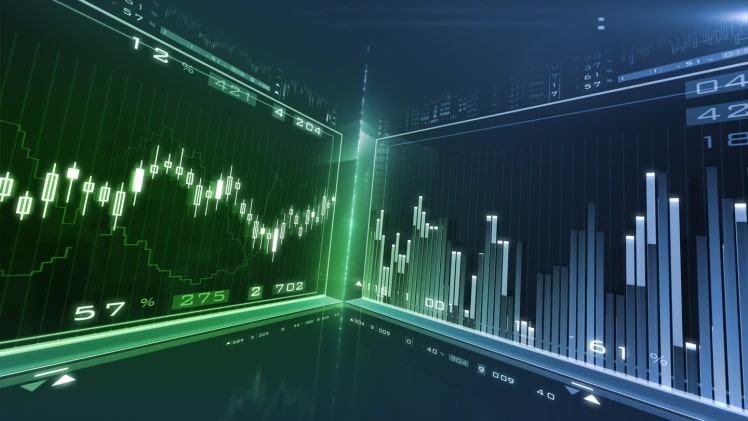Forex trading refers to when traders buy and sell foreign currencies to profit from the difference in exchange rates. In comparison, stock trading involves buying and selling shares in publicly-listed companies on a stock exchange to profit from the price movements of those shares.
When trading forex, you are essentially speculating on the movements of foreign currencies against each other. For example, if you think that the US dollar will rise against the Australian dollar, you would buy USD/AUD. If the US dollar rises as you expect, you will make a profit. Stock trading is more complex, as you can trade many different shares on a stock exchange. You can trade both products with Saxo.
However, both forex and stock trading carry risks. For instance, if you speculate incorrectly on a currency or share price movement, you could lose money. Before trading either forex or stocks, it’s essential to understand the risks involved and be comfortable with them.
Leverage
One fundamental difference between forex and stock trading is leverage. Leverage is the use of borrowed money to increase your potential return on investment. When you trade forex, you can use the leverage of up to 500:1. For every $1 you have in your account, you can trade up to $500. Stock trading doesn’t offer the same level of leverage. For example, in Australia, the maximum amount of leverage you can use when trading stocks is 20:1.
Margin requirements
Another difference is margin requirements. Margin is how much money you need to put down as a deposit to open a position. For example, if you’re trading with a leverage of 100:1 and want to buy $100 worth of currency, you need to deposit $1 as a margin. The margin requirements for stock trading are usually higher than for forex trading. For instance, the minimum margin requirement for stock trading is usually between 10 and 20% in Australia.
Market hours
Another critical difference between forex and stock trading is market hours. The forex market is open 24 hours a day, from Sunday evening until Friday evening (GMT). Therefore, you can trade forex around the clock. In contrast, the Australian stock market is only open during regular business hours, from 10 am to 4 pm (AEST).
Trading costs
Another difference is trading costs. You will typically incur a spread when you trade forex – the difference between the bid and ask prices. For example, if the EUR/USD bid price is 1.1690 and the asking price is 1.1693, the spread would be three pips. You will also have to pay a commission to your broker when you trade forex. Stock trading usually incurs higher commissions than forex trading. For example, in Australia, the average commission for stock trades is $19.95 per trade.
Order types
When you trade stocks, you can place different orders with your broker. For instance, you can place a market order, which is an order to buy or sell shares at the current market price. Alternatively, you could place a limit order, which is an order to buy or sell shares at a specified price. In contrast, when you trade forex, you can only place two orders – a market order and a stop-loss order.
Settlement
Another difference is the settlement. The settlement period is usually two business days after the trade date when you trade stocks. For example, if you place a trade on Monday, it will settle on Wednesday. In contrast, forex trades are usually settled immediately – that is, on the same day the trade is made.
Regulation
Forex trading is regulated by the Australian Securities and Investments Commission (ASIC). Forex brokers in Australia must comply with strict rules and regulations. For instance, they must maintain segregated client funds accounts and provide negative balance protection. ASIC also regulates stock trading. However, the regulation of stockbrokers is not as strict as the regulation of forex brokers.
Taxation
Another difference is taxation. You will be taxed at the capital gains tax rate when you trade forex. For example, if you are a resident of Australia and your marginal tax rate is 15%, you will pay 15% on your gains from forex trading.

